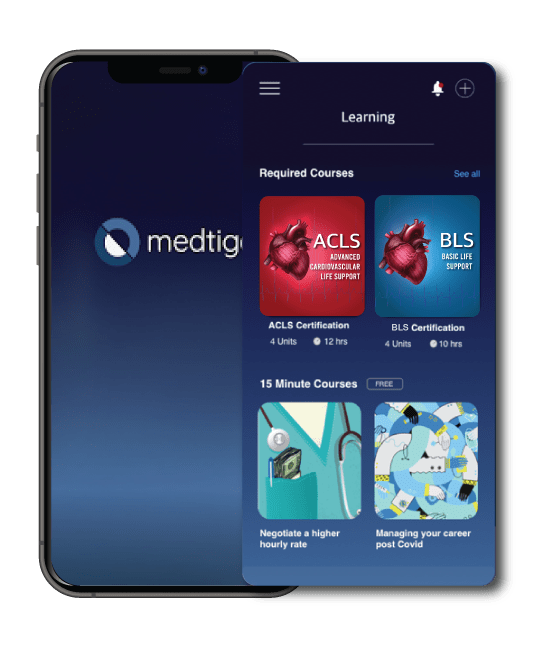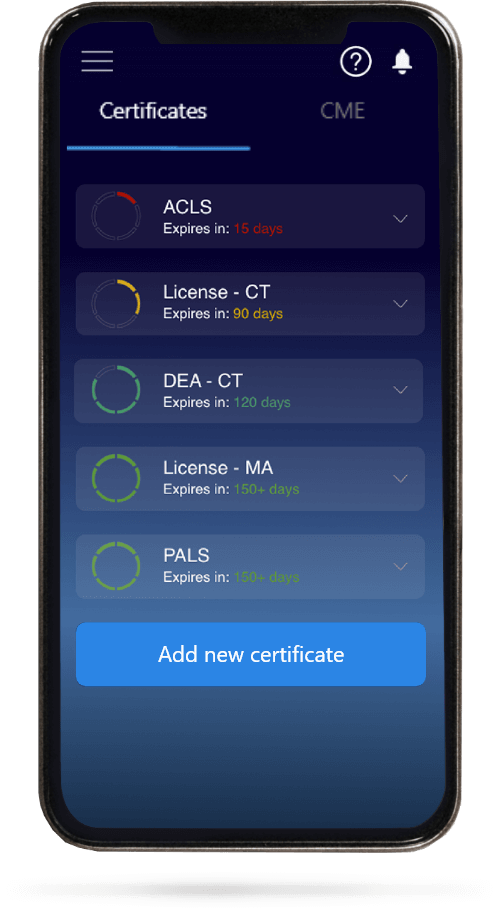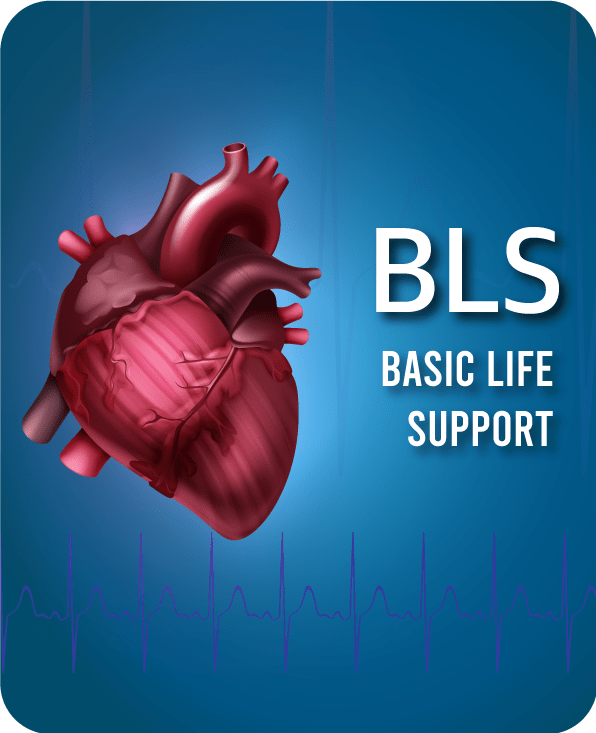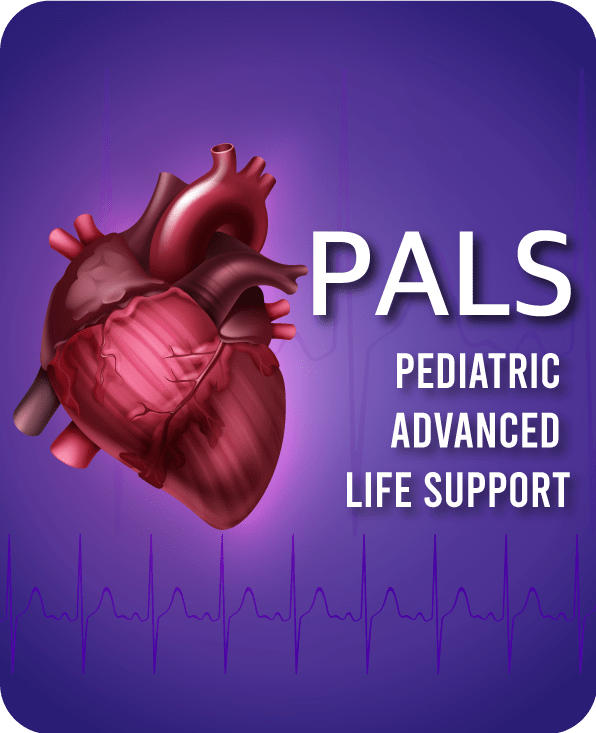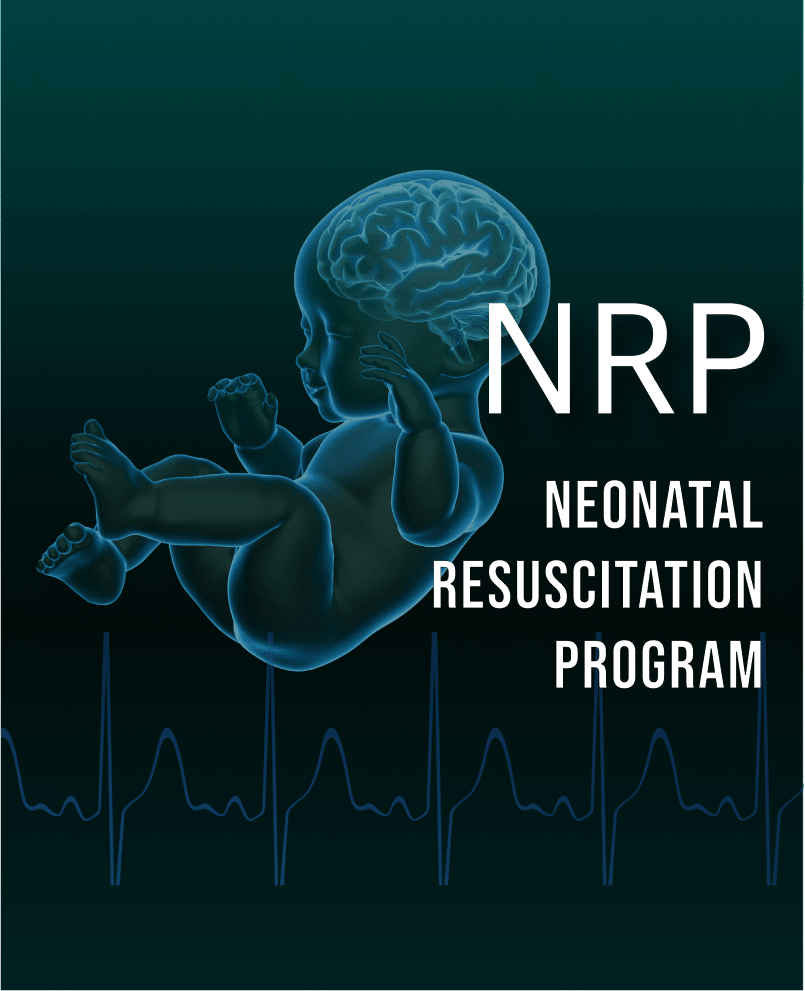
ChatGPT1, the latest AI chatbot, has acquired an incredible 100 million monthly active users after only two months on the market, making it the consumer application with the fastest growth in history. ChatGPT1, which was created as a gigantic language model trained on vast text data, has wowed users with its ability to do various natural language processing tasks, providing responses that mimic human-like comprehension.
ChatGPT1 has recently been the subject of studies regarding its ability to perceive and define emotional states. In addition, it has been demonstrated to be helpful in studies of medical licensure tests and academic writing. ChatGPT1’s better performance across all test scales on the Lane Emotional Awareness Scale (LEAS) reveals its ability to detect and describe emotions in social interactions.
After only one month, ChatGPT1’s EA performance has significantly increased, approaching the maximum score on the LEAS. This improvement was carried over to additional use cases, proving the chatbot’s adaptability and capability for continuous learning. The accuracy with which emotions were matched to the context was used by licensed psychologists to prove ChatGPT1’s advantage in emotional understanding.
Beyond its technological achievements, the study shows the potential applications of ChatGPT1 in mental health. This study suggests that ChatGPT1 may play a significant role in increasing interpersonal and intrapersonal understanding, which is a crucial skill in clinical psychotherapy. In contrast, previously, AI in mental health was thought to be a tool for automating technical responsibilities.
The research also implies that ChatGPT1 might be employed as part of cognitive training to improve clinical populations’ ability to perceive and articulate emotions. In addition to improving mental health practitioners’ emotional language and professional skills, the chatbot’s combination of theoretical knowledge and emotion recognition capabilities may aid in psychological diagnosis and evaluation.
Despite these hopeful developments, there are still worries about the human experience while utilizing ChatGPT1. Although the study found that the chatbot can understand and respond to users’ emotions, it needs to be clarified whether individuals who communicate with it feel totally understood, mainly because they know they’re talking to an AI rather than a human counselor.
Further research is required to address the results’ concerns regarding dehumanization, privacy, and accessibility in AI applications for mental health treatment. Furthermore, the study’s limitations, such as the language difference in the comparison data and the likelihood of misleading replies from ChatGPT1, necessitate further investigation of the landscape of AI models and their emotional intelligence skills.
ChatGPT1 ushers in new ground in the area of artificial intelligence, particularly in the field of mental health, as a result of its exponential development and heightened emotional intelligence. As technology advances, careful consideration of ethical problems and further research will be required to fully realize the potential benefits while reducing risks in this rapidly growing area.
News Reference





